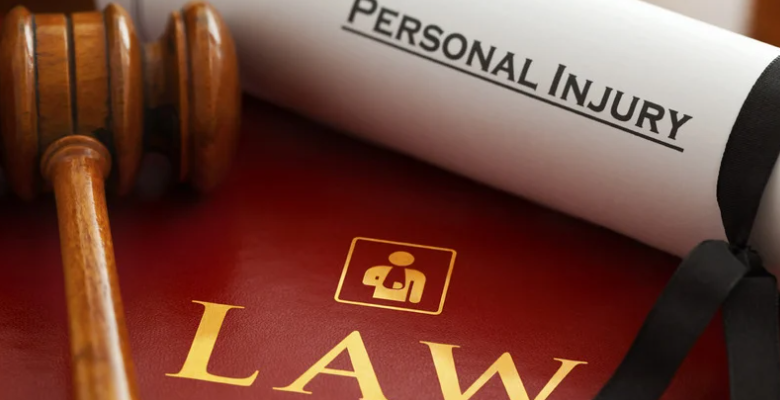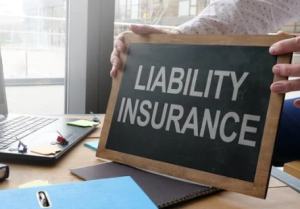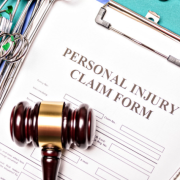
How to Protect Your Business from Personal Injury Claims?
Businesses in the UK have a role to play in keeping their employees safe. If you fail to uphold your duty of care, you could find yourself vulnerable to legal action from public members and former and current employees.
The consequences of this can be significant. For one thing, you’ll lose the contribution of the injured colleague, which can severely hamper productivity. For another, you’ll lose out financially and reputationally. We should also think about the broader impact on morale. If a workplace is perceived as unsafe, keeping everyone cheerful about it is difficult.
Fortunately, there are a few preventative measures you might deploy. When personal injury claims are made against you, you might regret not having taken some of the steps we’ll mention here.
How to Protect Your Business from Personal Injury Claims?
Insurance

If your business is insured against claims of this kind, then you’ll be protected against direct FCA conduct rules. You’ll need Employer’s Liability Insurance at the bare minimum. Still, there are also more exhaustive options worth pursuing, especially if you are running a specialised business with particular risks to attend to.
Prevention
The most effective way to protect your business against this sort of claim is to make sure that the injury doesn’t happen in the first place. To do this, you’ll need to make ongoing efforts to make the workplace as safe as reasonably possible.
In practice, this means having a process of risk assessment in place. Hazards should be identified, recorded, and dealt with. If you have a paper trail to refer back to, then you’ll be able to protect yourself in court.
So, what might constitute a hazard? Well, trailing cables might be cleared away. Spillages might be mopped up promptly with signage in place. Any structural damage to the premises might also be addressed as soon as possible.
Regular testing

Electronic smoke and fire alarms should be tested regularly. This should ideally be done as part of the risk assessment, with the appropriate box being ticked and signed off. In cases where employees have to perform potentially dangerous tasks, they should do so under supervision.
Educate your team

The human brain is the most valuable and effective piece of safety equipment on any given site. Training your employees to spot and mitigate potential hazards will make your work significantly safer. Bring in outside health and safety instructors, where appropriate, and ensure that you’re up to date with best practices.
It is advisable to seek a personal injury professional to ensure the company’s safety standards.





